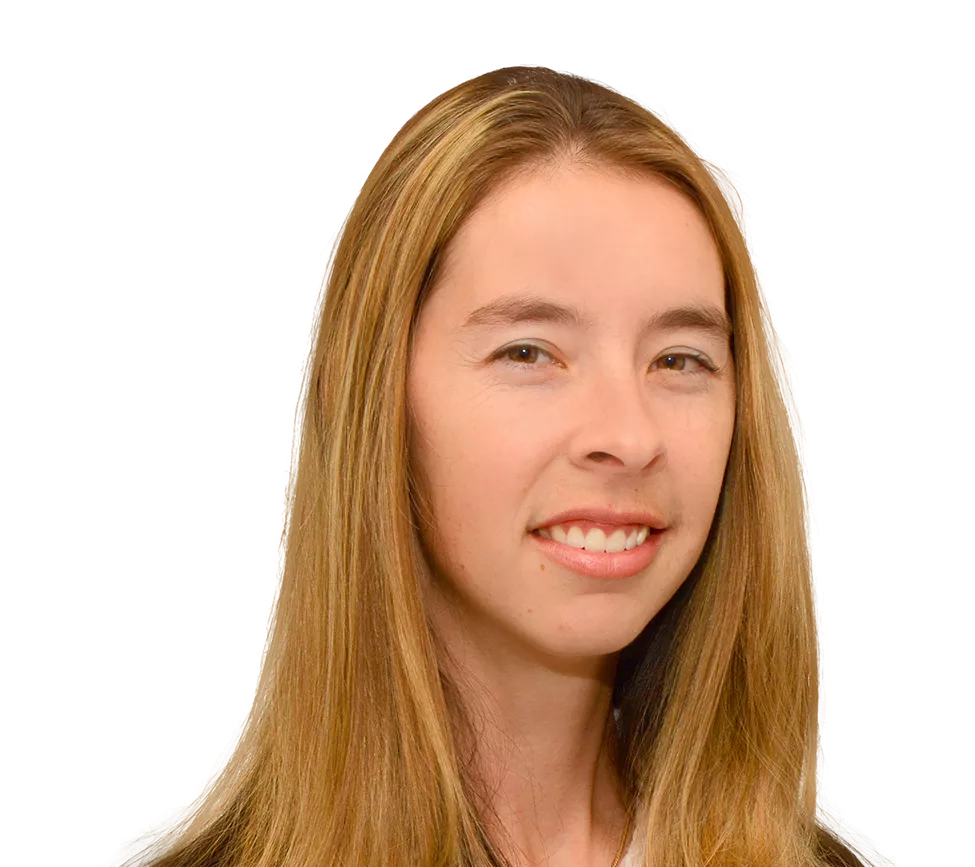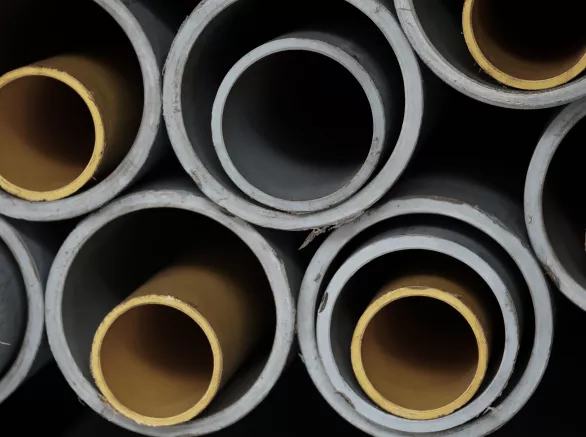

- Ph.D., Mechanical Engineering, Virginia Polytechnic Institute and State Univ, 2014
- B.S., Mechanical Engineering, California Polytechnic State University, SLO, 2010
- Professional Engineer, Arizona, #81919
- Professional Engineer Mechanical, California, #37973
- Professional Engineer, Colorado, #PE.0054045
- Professional Engineer Mechanical, Nevada, #029603
- Professional Engineer, New York, #109318
- Professional Engineer, Wyoming, #PE 20123
- National Auto Sport Association Time Trial Racing License
- Northwestern University Center for Public Safety, Traffic Crash Reconstruction for Engineers
- Sports Car Club of America Full Competition License
- USPC National H (Equine Knowledge and Management) and C3 (Riding Skill) Ratings
- Vibration Analyst, Vibration Institute Category I, II, III, and IV Certified
- Vibration Analyst, Vibration Institute Category IV Certified
- NASA Space Technology Research Fellow, 2011-2014
- ASME Bruce J. Heim Foundation Scholarship
- AIAA San Gabriel Valley Section Student Scholarship
- Virginia Space Grant Consortium Fellow
- Pratt Fellow
- Raytheon University Design Competition, First Place
- Outstanding Senior for Contributions to the Objectives and Public Image of the University, Cal Poly, SLO
- Tau Beta Pi Dodson Scholar
- Tau Beta Pi National Committee Chair
- Vibration Institute
- American Institute of Aeronautics and Astronautics
- Society for Experimental Mechanics
- American Society of Mechanical Engineers
- Tau Beta Pi Engineering Honor Society
- Society of Automotive Engineers
- National Auto Sport Association
- Technical Committees
- AIAA Structural Dynamics Technical Committee Member
- SAE Light Vehicle Exterior Sound Committee Member
- United States Eventing Association Cross-Country Safety Subcommittee Member
Dr. Spak specializes in the mechanical engineering of systems and structures, with specialized knowledge of vibration characterization and broad experience in analysis of machines and dynamic systems. As the highest level of certified vibration analyst, she has extensive experience in instrumenting and conducting dynamic tests and analyzing vibration and operational data.
Dr. Spak has applied her engineering skills to projects involving pipeline joint failures, drilling and mining operations, industrial machinery, heavy equipment, engine failures, commercial and passenger vehicle design, analysis, accidents, and failures, bearing analysis, operational data analysis, consumer products and appliances, and equestrian tack. Dr. Spak uses both experimentation and theoretical approaches to solve engineering problems. She has directed and conducted proactive product development work as well as reactive failure analysis and litigation work, including preparation of expert reports, patent and other intellectual property claims analyses, support of international arbitrations, and root cause analyses.
Dr. Spak has performed failure investigations and root cause analyses for systems ranging from natural gas pipelines to power transmission lines and from appliance motors to industrial engines. She has developed tests and evaluation criteria to answer critical questions regarding product design, development, and failure. Her experience over a range of industries is connected through her understanding of mechanical systems of all types and ability to identify the core mechanical principles and the investigations needed to determine their condition. She has past work experience in industry including design of electronic housing, button panels, and backplane cards for broadcasting routers, troubleshooting of customer product issues, and product prototype development and design.
Prior to joining Exponent, Dr. Spak's work at NASA's Jet Propulsion Laboratory (JPL) included investigating the dynamic response of spaceflight cables and developing analytical models to predict the effect of adding cables to space structures. During this research, Dr. Spak developed methods for cable testing and cabled structure models that include the effects of bakeout, variable bending stiffness, and hysteretic damping. While at JPL, she also assisted with the work of the Advanced Deployable Structures group, set up testing for modal analysis of space and rover assemblies, and served as a resident cable expert for design teams. Prior to conducting research at JPL, Dr. Spak worked at the Center for Intelligent Materials and Smart Structures at Virginia Tech, working with piezoelectric actuators and developing an active clearance control mechanism for jet engines. Her graduate work included courses in finite element analysis, instrumentation, fluid dynamics, active materials and smart structures, fuel cell systems, rotor dynamics, and mathematical methods. Dr. Spak also has coursework and competitive experience in communications and public speaking. She has years of shop experience in design and fabrication of metal art and furniture and is familiar with a variety of machining and manufacturing methods.
Outside of the office, Dr. Spak spends her time racing cars and riding horses.
Kaitlin's recent insights
